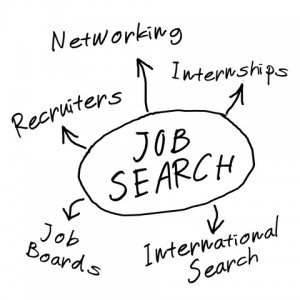Job interviews are competitive. It simply isn’t good enough to discuss your past experiences. Instead you need to stand out in the job interview, you need to create an unbreakable bond with the interviewer and you need to be seen as pure gold.
These 3 techniques will help you influence the job interview outcomes.
Taking off the Invisibility Cloak
You might not believe this, because you put so much effort into your job interview……but most job interviewers forget the people they have interviewed.
Thats right, interviewers will forget the people they have interviewed, wrongly believe that one applicant said a key point when in actual fact it was there competitor who discussed it and interviewers can even associate their mad-mood onto the applicants interview.
You need to be remembered and to be remembered in a positive light. To stand out in you job interview it is important to make the interview an emotional journey. 3 ways to create an emotional journey are:
- Use intriguing stories instead of generic interview answers
- Embed your answers with emotionally based words
- People remembering being praised. If you make the interviewer, through positive praise, feel good about themselves, they will remember you more
Having a Unique Selling Point
People applying for positions in the same salary bracket tend to have similar experiences, skills and qualifications.
To boost your chances of having a positive interview outcome you need to stand out in the job interview. But more then standing out, you need to be seen as a valuable asset. To stand out you need a Unique Selling Point
- What do you possess in terms of skills, qualities and experiences that others don’t:
- Can you turn around under performing teams?
- Can you make companies on the bleak of bankruptcy profitable?
- Can bring in high levels of business?
Ensure you discuss your unique selling point throughout the job interview
Come Across Confident
Confidence is undervalued in the job interview.
People believe what confident people say, people are influence by confidence and confidence is an attractive quality.
You need to boost your confidence levels by going to the job interview well prepared, practiced and feeling good about yourself. Boost your confidence by:
- Predicting the job interview questions – read the job spec and turn each criteria into an interview question
- Record and re-write your interview answers 3 times as this improves the quality of the interview answer and helps you to remember your answers
- Attend a mock interview with a friend or interview coach, as this helps you prepare for unrehearsed questions
Practice and preparation create confidence.


